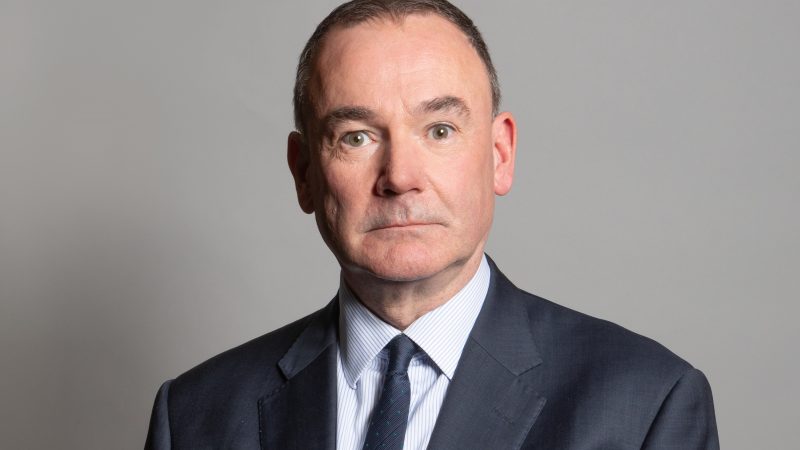
There is a real danger the Labour leadership is misreading the political moment. Armed with a New Labour playbook, which says to distance itself from unions and industrial disputes, the leadership appears to see the rail strikes as a simple Westminster trap game. But the context is totally different.
The New Labour era was characterised by year after year of uninterrupted growth. Such a benign economic climate dampened industrial conflict and allowed the Labour government to appear as neutral mediator between the two social partners – unions and employers. Today, the political and economic situation is totally different. We are witnessing an unprecedented contraction in living standards overseen by a government determined to ensure the costs of the pandemic are transferred to working people. This must be contested.
Yet, tactically Labour appears to be trying to keep out of it – thereby failing to make the bigger economic and political argument the moment demands. This failure could have historic consequences for the party. The railway dispute speaks to a much wider debate.
The government told Network Rail and the train operating companies to make savings – demanding reforms, cutting some 1,800 jobs and making a pay offer of 2% – with inflation running at 11%. Over a decade ago, the country recapitalised the banks and invoked austerity on the backs of working people and the poor. Today, we are repeating the same mistake – but this time on an epic scale. Labour must challenge this. The party cannot collude in it.
Having printed hundreds of billions of pounds, thereby fuelling inflationary pressures, the government is determined to ensure working people carry the can. This should not be a question of political tactics for Labour, but rather a fundamental question of principle and purpose. We are witnessing a unique historic contraction in family incomes. The rail strikes are arguably the canary down the coal mine. You cannot dodge this. Put simply, Labour must be supportive of those seeking to defend their living standards. This argument will play out across the whole labour market, especially the public sector with the Treasury seeking to hold the pay review bodies to 2-3% pay offers while inflation runs at 11% and further autumn energy hikes loom.
Labour needs to develop a consistent position to these disputes, one that reflects a bigger economic and political argument, rather than seek to dodge in and out of each dispute. It is difficult but we cannot swerve around this. Labour must support those fighting to defend their living standards when, in effect, they face pay cuts nearing 10% – if it doesn’t, you wonder what the purpose of the party is. We must support unions when they contest this unparalleled attack on workers incomes.
Labour needs to be less tactical and make a big economic argument. If you stand in the middle of the road, you end up being hit from both sides. The Tories see the strikes cynically as a cost of living get-out-of-jail-free card – blaming labour and the left and rewinding back to the 1970s.
Last year, the Tories were saying they wanted to build a high-wage economy. Today, they are demanding working people be made much poorer and pick up the cost of the pandemic. We have to set out an alternative argument. 1990s-style triangulation won’t cut it, nor will disciplining people who back the unions.
Workers had to carry the costs of the bank bailout through austerity and flatlining wages and are now expected to carry the costs of the lock down – that is not right. Labour quite rightly opposed the National Insurance increases – arguing it was a tax on labour rather than wealth. The defence of wages and living standards today is in effect the same argument. Yet, we have reduced our room to manoeuvre by criticising the government for other tax rises – boxing ourselves in and tacitly accepting that workers must pay for the costs of lock down.
People will not accept this from Labour – quite rightly. We have to have a different argument about who has wealth and power in this country and who has benefitted throughout the lockdown and who should contribute more. The rail dispute is an early skirmish in a much bigger and protracted struggle – one that simply cannot be avoided.
A long period of political turbulence lies ahead. We need to reframe the argument into an ethical one of taxing wealth and growing profit margins rather than working people. We must reject the assumption that those who put themselves on the line for us through the pandemic have to pick up the bill. This will be tough, but there is no safe ground. It requires real leadership from Labour. There is no way of hiding from this, no tactical dodge. Actually, it is why the party was created in the first place.




More from LabourList
‘Labour council candidates – it’s tough, but all is not lost’
‘Labour won’t stop the far right by changing leaders — only by proving what the left can deliver’
‘Cutting Welsh university funding would be economic vandalism, not reform’